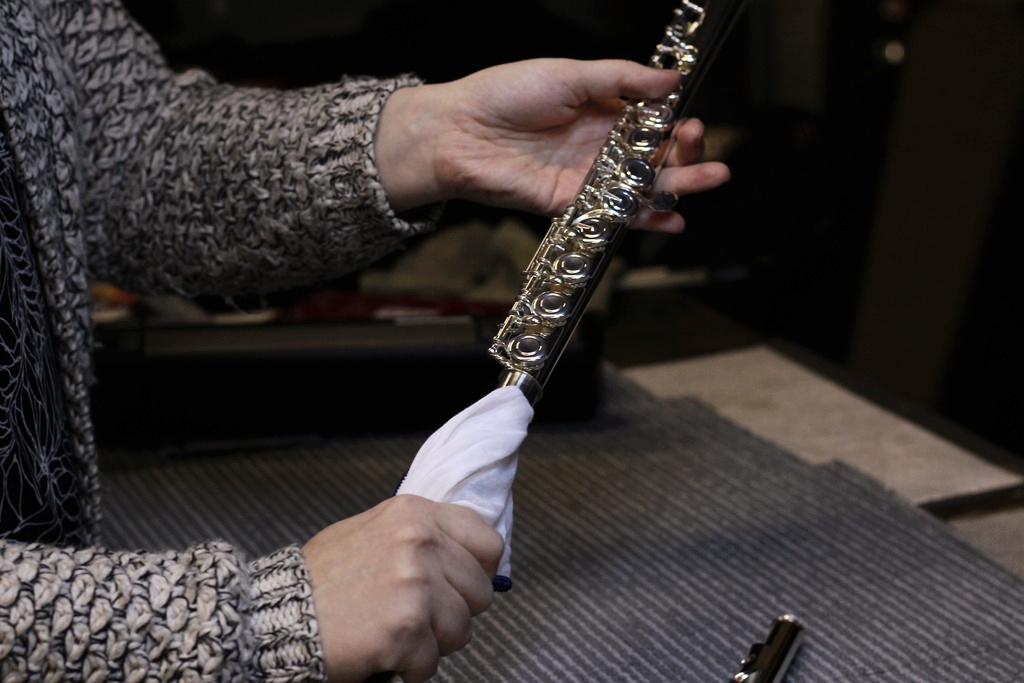Buying Flutes for Beginners
Buying a flute as a beginner can be quite a daunting task. If you have never used a flute before, it becomes even more difficult. If you can have some solid recommendations from your flute teacher, that’s great! If not, you will find some tips here on buying a flute before starting basic flute lessons. If you want more information on the subject of flutes and flute lessons, consult this website: www.flutelessonssingapore.com.
Buy a beginner flute
The first step is to learn to distinguish a beginner’s flute from intermediary or professional flutes. They actually make different flutes for beginners since it takes time and practice to learn how to blow into the instrument properly to obtain good music. In order to make it easier for beginners, student flute models have closed holes on the keys.This does affect the sound of the flute, but once you have learned how to play, you can (and must!) switch to a better version.But until then, a beginner’s flute helps you begin your journey.
Settle on a brand
It is not important that you buy the most expensive and best flute available in the market, since you are going to grow out of your beginner’s flute at some point anyway. However, it is still important that you buy something nice enough to last your learning stage and keep you interested enough to continue your music studies. Do extensive research on the different brands available and buy one that is priced reasonably, while also being good. Avoid unbranded cheap flutes as these might not produce a good sound.
Flute material
Most flutes today are made of metal with different plating. The most common metal plating used is silver, though nickel can also be used in several cases. Obviously, silver-plated flutes are more expensive. The flutes themselves are often made of brass, nickel, or silver alloys. Gold and platinum are also used but you will almost never find a flute made of these materials for beginners. If you have an allergy to a specific metal, choose another metal. If in doubt, you can even choose wooden or bamboo flutes, which produced a different but, still beautiful sound.
Where to buy
It is best to purchase the instrument from a reputed dealer’s shop, though flutes are available from other sources as well. The other main source is an online store.If you already have good recommendations from someone you trust, such as a teacher, you can find great deals online. Otherwise, you might want to try playing the flute in a physical shop before purchasing one. Whether buying online or from a physical store, go for the better brands which will last you for a while.
Used flutes
If you prefer to buy it used, you can also avail the third option of buying it from someone you already know. If you are opting for a used instrument, then it is wiser to check them out first before purchasing them, whether you buy from a shop or an acquaintance. Don’t buy flutes that are older than three or four years as there are many movable parts to the instrument that might get worn out over time. Antique flutes are great for possession and sentimental value, but don’t contribute to actual learning.
Buying beginner flutes can be both exciting and anxiety-driven. With a bit of research, knowledge and common sense, your first step towards becoming a flutist can become a more enjoyable process. Once you have your flute, you can learn about more basic lessons here: http://flutelessonssingapore.com/basic-flute-lessons-for-beginners/.
Find Your Perfect Music Teacher with Absolutely In-Tuned Music Agency!
Unlock the joy of music with our personalised teacher-student pairing service.
Whether you’re a beginner, rekindling a love for music, or preparing for exams, we connect you with skilled & experienced educators who tailor lessons to your needs.
Discover the benefits of learning an instrument:
Reduce stress
Boost brainpower
Build confidence
Ignite creativity
Explore our wide range of lessons:
- Drum, Guitar/Ukelele, and Piano Lessons
- Singing and Cello Classes
- Flute, Saxophone, Violin, and Viola Training
👉 Click here to find out more and begin your musical journey today!
Register Now

